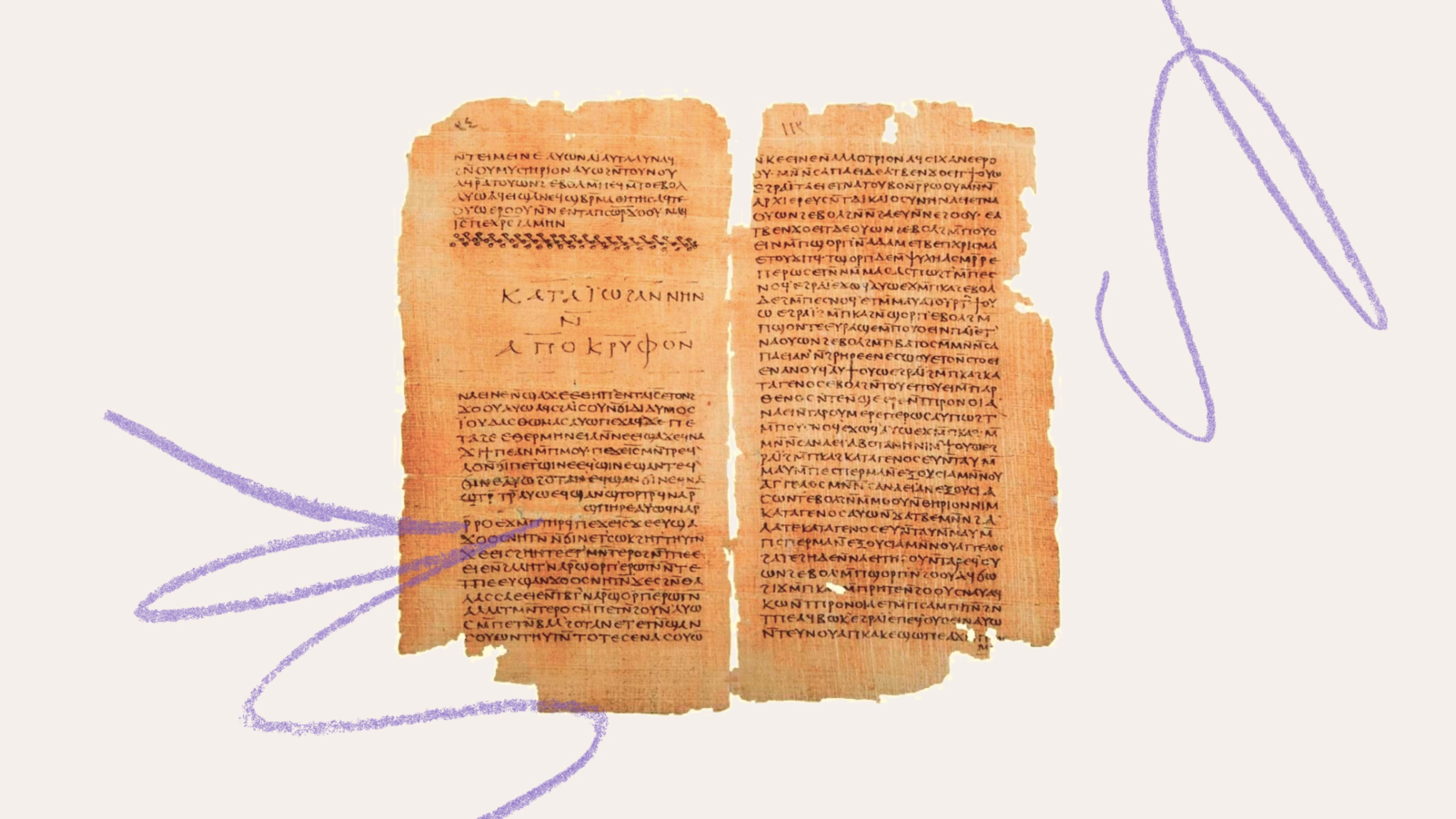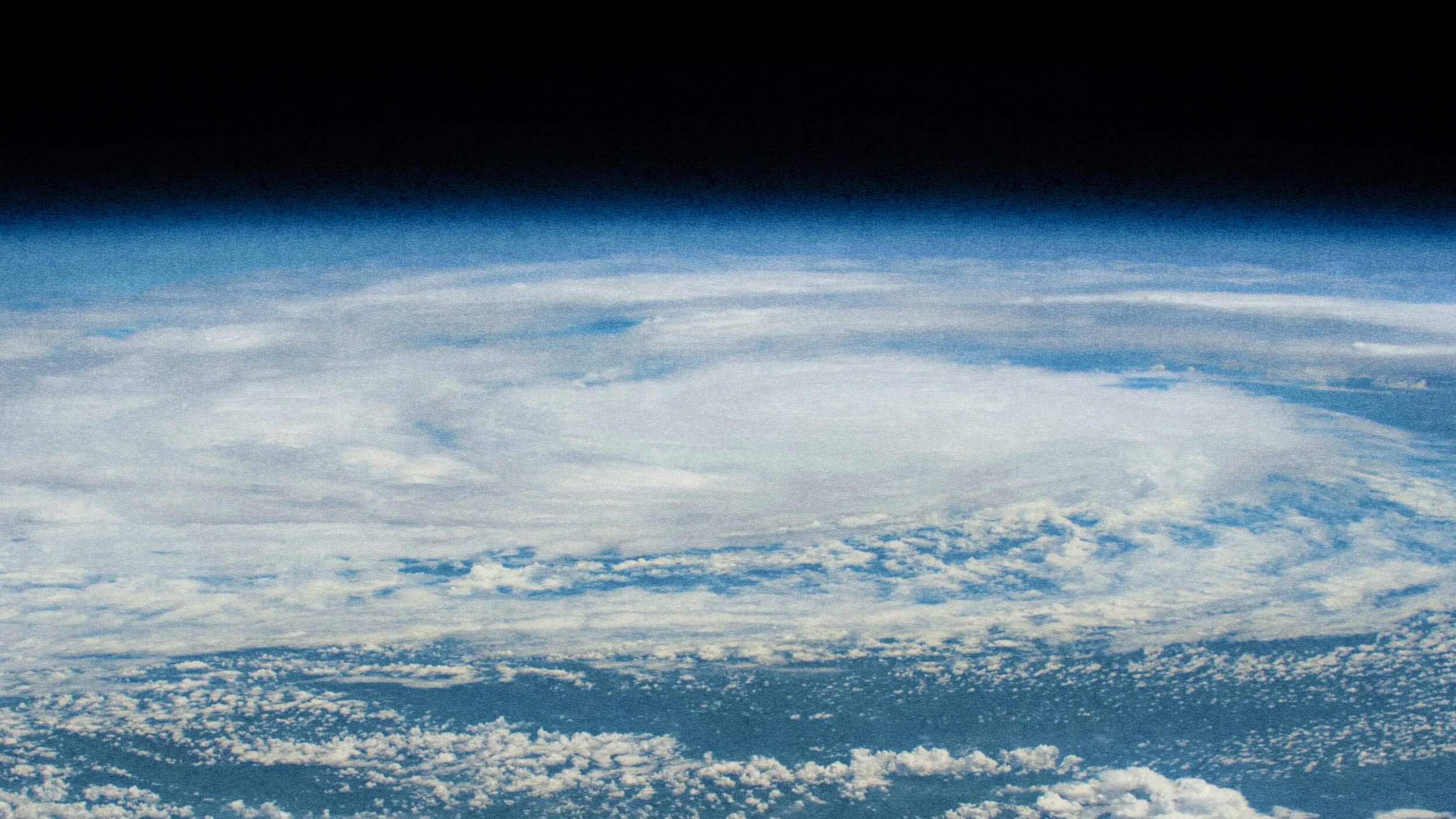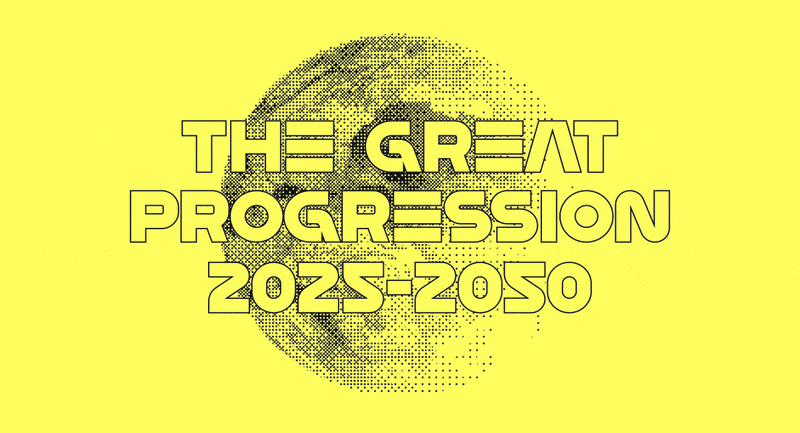The acclaimed self-help expert recently visited Big Think to discuss his new book and share stories about what wealth and generosity mean to him.
Tony Robbins: I think everybody wants to be a giver and not a taker. I mean if you take, take, take you might feel good about getting things for a moment or two but you can’t feel good about yourself as a human being. I mean I think one of the core messages of this book is you’ll never get beyond scarcity. You have to start beyond it. And what most people don’t know is you read statistics about money. Money is one of the most emotional topics that you’ll see with people. I mean it’s one of those things where you can get people charged up pretty quick. The subject is so emotional for people – they get so angry and it’s because money is just a vehicle. It’s just a tool. But it’s also a canvas. It’s a shape shifter. Whatever you project on it it becomes. If it’s evil, then you’ll have evil. It’s like money can create or destroy. It can destroy somebody’s life. If you’re mean you’ve got more to be mean with. If you’re caring you have more to be caring with. You can fund a hospital. You can support – keep somebody from starving. You can do some amazing things with this vehicle if you use it properly. It’s like electricity. You can light up a city or you can kill people. So everybody picks the part that they’re used to because in essence money in the end is power. And so if you feel like you don’t have it, everybody else does you’re mad. Rather than saying how do I become empowered.
When I was 11 years old we had no money and no food on Thanksgiving and a person came and fed my family. Now they didn’t deliver it personally. They sent it through somebody else. And to this day I don’t know who did it. But it changed my life. The food didn’t change my life, it was the fact that strangers cared that changed my life. That made me care about strangers. It shifted the direction of my life so I know the value of that. So I’ve been paying it forward since I was 17. I fed two families, then four, then eight. Then I built my little company and got my employees involved. And eventually started feeding a million a year, then two million. And over the last three or four years I’ve been matching my Foundation. My Foundation feeds two million people and I feed another two million on top of it, four million a year. But when I was writing this book I started seeing that last summer Congress passed new budget where they cut food stamps. They don’t call it food stamps anymore but they cut that support by 8.7 billion dollars. Two million people without support overnight. And I work with all these agencies, the nonprofit agencies that do things so I want to call attention to it. So I said if I donate all the profits of my book in advance, not see if the book sold, you know how many people could I feed. And it was ten million people. And I got real excited about that. I committed to do it. And then I thought as the year went by I got more and more inspired about what would be possible and I thought you know what? I’d like to feed as many people as I fed in my lifetime. I’ve fed 42 million people in my life through my Foundation and my work. What if I personally broke that record in one year and then I found somebody to partner with to try and feed 100 million people. So I am writing a check actually this next week that’ll feed 50 million people this year. I’m doing it through Feeding America. They’re the largest and most effective hunger relief organization in the United States. And they’re working with me to get matching dollars so we can feed 100 million people and bring people’s attention to the fact that it’s not just homeless people. It’s your neighbor – 47 million people in this country and 17 million children in the richest country in the world go to bed every night not sure if they’re going to have a meal the next day. They have to decide am I going to pay my utilities or am I going to have the meal. Am I going to pay my rent or have the meal. So people just don’t realize that.
So, the day that my financial life changed it came in two parts. I was driving – I’d been working really hard. I was a young man working on this business that I was in at the time and, you know, I was working 18 hour days and I was totally broke. I mean like trying to make sure I had enough gas to get from one location to the next. And I had just finished like 11:30 at night. I was driving down the 57 freeway in a place called Pomona, California. Not a great part of town at that stage, almost midnight, and I was emotional.
I just kept thinking to myself why is it I’m working so hard and I’m still not succeeding. And I was mad about it. And I hit this tipping point inside and I don’t even know what triggered it but I got really emotional. I literally pulled off the side of the freeway and I’ve always had these written journals and I still have the journal to this day and I wrote in giant letters the secret to living is giving. And then I started crying. And it was one of those beautiful moments and it just like I realized I was so focused on what I was getting I was not focused on what I was giving enough. And so for about six months that really emboldened me and I did really well. And then I had some frustrations, some failures and then I got mad because the people I counted on had not followed through. And I found myself totally broke again. I mean like nothing, down to like twenty something dollars not knowing how I’m going to feed myself. And I reached out to a friend I loaned $1000 to and he kept avoiding my calls. I was madder and madder. Like I helped him when he was in need and he won’t even give me my money back. And in the midst of all this anger I had to figure out what to do so I’ve always been a pragmatist. So when I was just 17 I was on my own I used to save the money, go to the smorgasbord on my bike, load up for the winter, eat everything I could and so it would last me a day or two. And, you know, pay the least amount of money for the most food. So I thought there’s a smorgasbord but I lived in Venice, California, and there’s a place called Marina del Rey just three miles away and it’s a very wealthy environment.
And on the water there’s a place there called El Torito. It’s a restaurant, it’s still there. And it’s very nice, it’s on the water, boats going by. And they had an all you can eat salad bar, taco bar. So I said I’m going to go there. So I didn’t spend the money on my car for the gas for the three miles. I’ll walk there. I’m not going to pay for parking. I was monitoring every dime. Total scarcity. And I got there and I loaded up. I ate everything I could possibly eat and while I was sitting there eating the door opened and a very attractive woman came in and I was waiting to see who her boyfriend or her husband was going to be. And there was no boyfriend or a husband. There was a kid about this tall and he was dressed in a suit and a little vest. And he came – he held the door open for his mom. He pulled out the chair and sat her down. He was just such a gentleman. And then he stared in his mom’s eyes and he was just so – I don’t know it was just so loving, so there, so present. And it moved me. Even my selfish little stupid place I’m just moved by the love he had for his mom, the respect he had for his mom. I don’t know what it was but I went and paid the bill and I had $17, $18, $19 dollars left, whatever it was I put it in my pocket, you know. Hang on to what little money I had left. I think it was like $5.95 for all you can eat in those days or something like that. And I walked up to this little boy and I said hi and I shook his hand and said what’s your name and – I don’t really remember his name. I think it was Ronnie. He says I’m Ronnie I think it was. I said Ronnie, you are such a gentleman. I said I saw you open the door for your lady. I saw you pulled out the chair. I said you are a class act.
And he looked at me and he goes ah, she’s my mom. And I said well that’s even better. I said it’s so cool you’re taking her to lunch like this. And he goes oh, well I can’t really take her to lunch. I don’t have a job yet. I’m just 11, right. And I said well, I think he was 11. I said to him I said well yes you are, you are taking her to lunch. He said what do you mean? And I just reached in my pocket. I had no plan. There was no strategy. I just grabbed out my money in my pocket and I put it right down on the table in front of him change and all, dollar bills and all. And he looked at me and his eyes got really big. I said you are taking her to lunch. And he said I can’t take that. I said sure you can. He said why? I said because I’m bigger than you are. And his eyes got this big and he smiled really big and I didn’t even look at the lady. I just shook his hand and I walked out. And I didn’t walk out, I flew out. I had no car. I was like – I must have looked like an idiot. I’m sure I was skipping to some extent. I was just like purely euphoric at the moment when I should have been the most freaked out. I mean I just gave away my last dollar. I don’t know where my next dollar – I don’t have any money. Where’s my next meal going to come from? Zero fear. It was like I went home that night. I laid out this plan. I was going to turn things around but, you know, I wasn’t going to turn it around in a day or two. It might turn around in a week or two and I thought well, people fast all the time. I’ll go on a fast for a week. And I was positive about it, right. And I woke up the next day and I got my little normal snail mail in those days and sure enough there’s this handwritten note.
I open it up and there’s a check inside and it’s from the man who owed me a $1000 who did not return my phone calls for $1000 plus some additional money saying I’m really sorry and you were there for me and I feel bad about it and here it is. What was beautiful about the moment was, you know, I cried honestly and I sat there and I looked at this thing and thought to myself, you know, what does this mean. You know why did this happen. I don’t know if it’s true but I chose it to mean that money came because I did the right thing. Because I didn’t operate from scarcity. Because I didn’t – a little soul was in front of me, my heart knew what was right and I didn’t hesitate. I just did what was right. And I can remember to this day so vividly like it was yesterday because that’s the day I became a wealthy man. That’s the day that scarcity ended in me. And that didn’t mean I didn’t have more ups and downs financially. I had plenty of those but I never ever went back to that place of being angry at somebody else who had more or blaming other people. Whether they got what they did fairly or unfairly, who the hell am I to say. What I want to do is focus instead on being a blessing in people’s lives. That if I can find a way every day to do something to add more value for other people then I wouldn’t have to worry about anything. Just like you don’t worry about taking a breath whether oxygen is going to be there. You don’t ask the question, you know it’s going to be there. I figured if I left my life that way where I spontaneously did what was right consistently I wouldn’t have to worry and I haven’t another day since. That doesn’t mean I didn’t have stressful times but I haven’t gone back to that place of scarcity and I really think that’s what this book is ultimately about. It gives you all the tools, all the strategies of the richest people on Earth but it’s also about making that psychological emotional if you want to call it spiritual shift that really changes the quality of life forever which makes you wealthy the day you stop being scarce and the way that you give of your heart, your body, your soul, your mind and your money.





